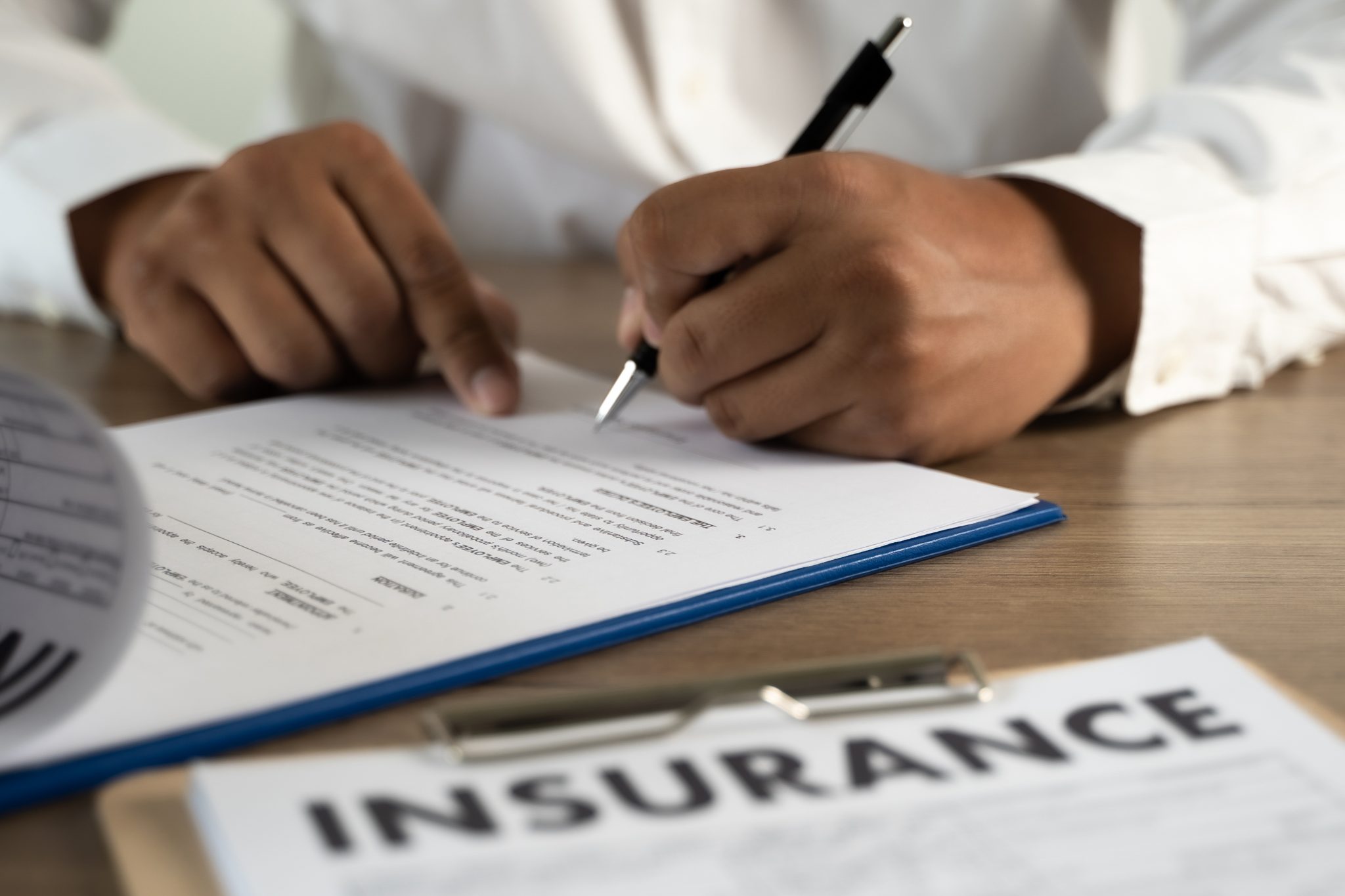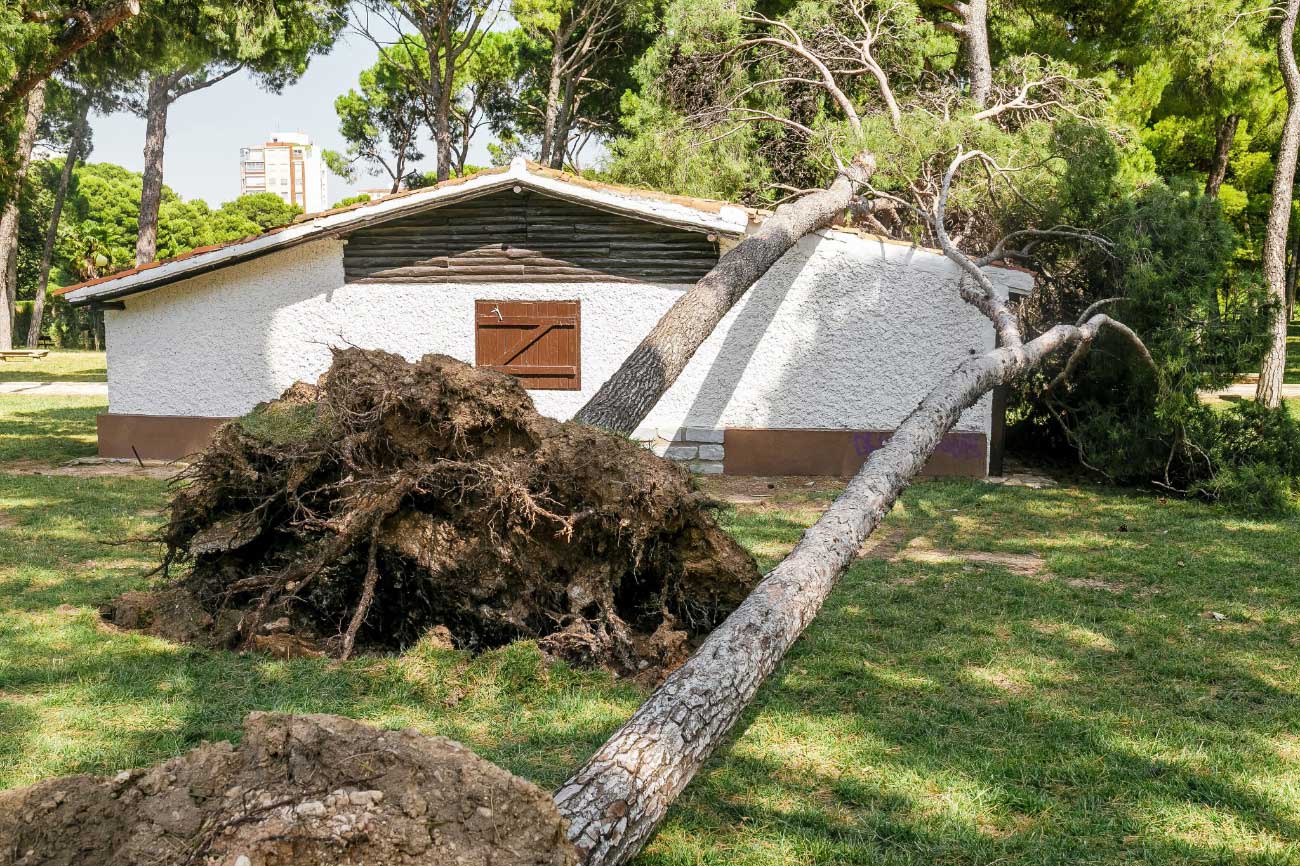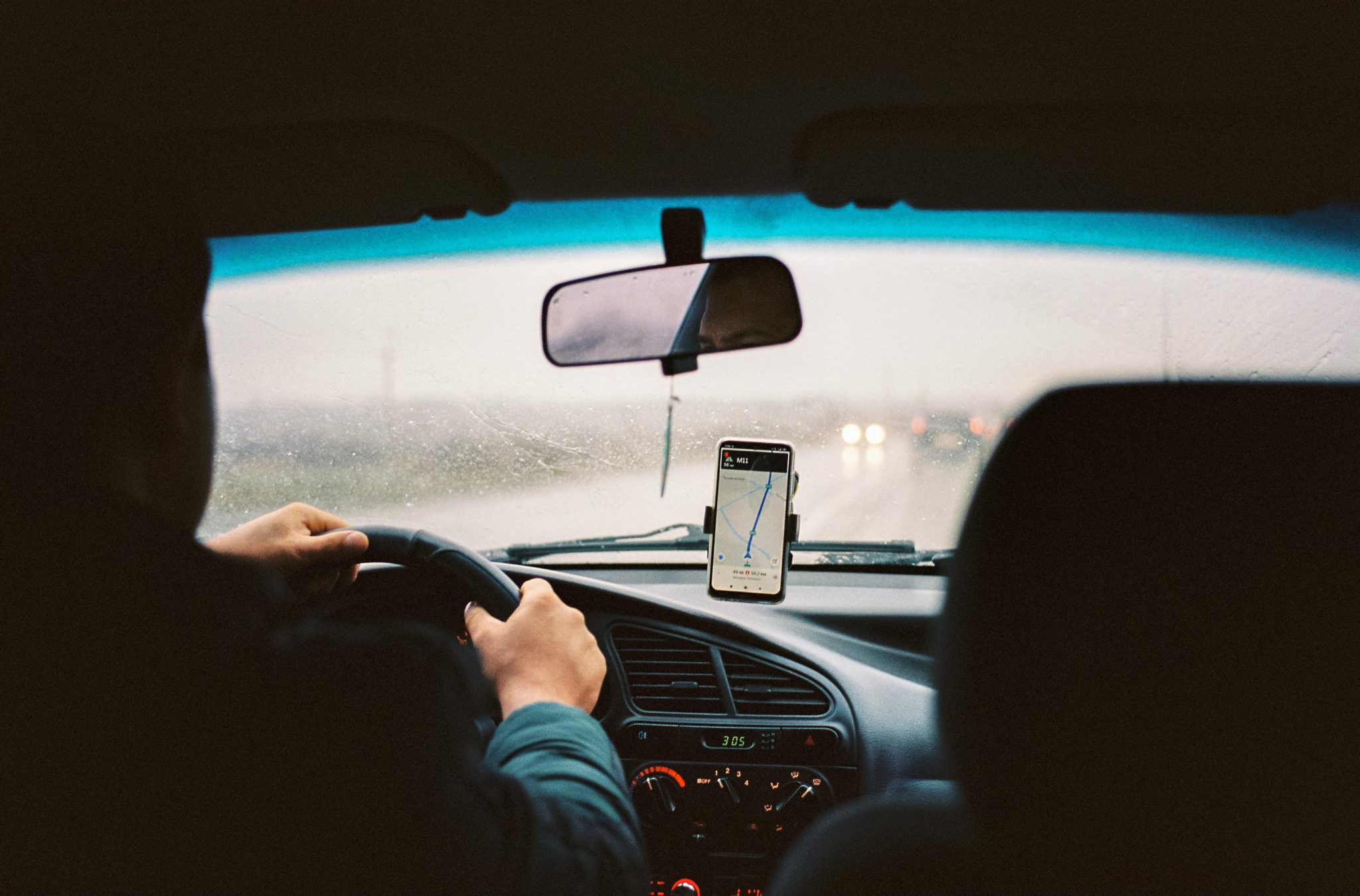- WE’RE HERE TO HELP 24/7
- 800.586.5555
Who Pays for Injuries in Uber and Lyft Accidents in Florida?

How Does an Insurance Policy Limit Affect My Case?
October 13, 2020
Most Common Property Damage Types in Florida
October 13, 2020Who Pays for Injuries in Uber and Lyft Accidents in Florida?

Before getting into the specifics of rideshare liability, it’s important to understand the basics of normal car accident liability.
There are three categories of people involved: driver, passenger and witness. If an accident occurs, one or more drivers are to blame (liable) for the crash. Police reports, accident scene analysis and each person’s account of what happened helps determine the negligent party or parties.
In most state, the responsible driver’s (or drivers’) insurance company would pay compensation to the injured parties and compensate the other driver for vehicle damage. In Florida, a no-fault insurance state, each driver’s own insurance pays for injuries and damages up to their policy limit. If their medical costs, lost wages and property damage exceed their own limits, they can go after the other driver’s liability insurance.
In most states, only parties who are considered liable or responsible for the accident will cover any costs that come from the accident (unless the negligent driver is uninsured/underinsured, in which case the victim’s uninsured motorist coverage would pay).
Those general basics apply to Uber, Lyft and rideshare crashes too, but rideshare companies (also known as “Transportation Network Companies (TNC)”) and their drivers have slightly different insurance requirements in Florida.
Florida House Bill 221
Since July 1, 2017, Florida law has explicitly required rideshare drivers to carry:
- $50,000 per person/$100,000 per accident personal injury protection (PIP)
- $25,000 property damage liability coverage (PDL)
That is more than what a regular commuter driver is required to carry but less coverage than a taxi requires.
Normal Drivers
- $10,000 per person/$20,000 per accident PIP
- $10,000 PDL
Taxis
- $125,000 per person/$250,000 per accident PIP
- $50,000 PDL
This is based on the assumption that your Uber or Lyft driver is actually legally insured. Back in 2015, the most recent year the Insurance Information Institute did a deep-dive analysis on uninsured drivers, Florida led the nation with 26.7 percent of drivers being uninsured.
A driver’s standard coverage does not cover rideshare work. Since rideshare has become such a popular gig for so many Americans, most major carriers do offer rideshare driver insurance options.
For example, GEICO’s rideshare coverage doubles as both on and off the clock personal coverage. Drivers who had State Farm before beginning to drive for a TNC can amend their personal policy for rideshare coverage. Farmers technically offers rideshare coverage endorsements as well but only while a driver is on the app, not en route or transporting.
Uber’s Corporate Policy DOES NOT Include PIP While Transporting Passengers
This is important to keep in mind for passengers – while a driver has the app on and are “waiting for a ride” for their TNC, they do have PIP. The “waiting for ride” coverage includes:
- $50,000 per person/$100,000 per accident PIP
- $25,000 PDL
Lyft has essentially identical coverage limits ($50,000/$100,000 PIP and $25,000 property.)
While either en route to riders or when transporting passengers, the corporate coverage only includes:
- $1,000,000 liability (per accident total)
- $250,000 uninsured/underinsured
- Contingent property damage ($1,000 deductible)
With Florida’s no-fault insurance laws, if your driver doesn’t have coverage you could be out of luck in certain scenarios. If it’s the other driver’s fault and they aren’t insured, Uber’s liability and underinsured coverage could provide compensation for passengers in the Uber. If your host driver was at fault you may or may not be able to file a claim against their corporate liability policy – it really depends on the facts of the case.
The underinsured motorist coverage is intended to kick in when the other driver doesn’t have coverage or doesn’t have enough coverage, not your own driver.
Do Uber and Lyft Check to Make Sure Drivers Carry the State Required Insurance?
Uber and Lyft do require proof of insurance for riders registering to drive for the rideshare app, but there’s only so much these companies can do to ensure their drivers maintain the right kind of coverage.
Both companies contact drivers prior to their on-file insurance expiration date to get a new copy of the driver’s updated insurance information. If the driver doesn’t provide proof that they’ve renewed their auto insurance, their account will no longer let them pick up passengers. The company does not make sure the driver has a rideshare endorsement or anything other than minimum commuter coverage.
A driver will still be covered by Uber or Lyft’s corporate commercial policy for drivers, but in a no-fault state like Florida that could leave passengers vulnerable since that corporate policy does not include PIP.
What Happens if I’m in an Accident as a Passenger in an Uber or Lyft?
Here are just a few of many potential scenarios:
- Your driver does carry the necessary personal coverage, in which case you and all the other drivers/passengers share that $100,000 PIP coverage
- Your driver let their policy lapse, in which case it depends on fault and the other driver’s insurance as to whether you could be eligible for the corporate uninsured or liability coverage available through Lyft or Uber – if your driver (the host driver) was at fault you may still be able to file a claim against Uber or Lyft’s commercial policy
- Your Uber driver’s personal PIP isn’t enough and the other driver in the accident was at fault you could take the other driver to court (the amount you’d be eligible for depends on the policy limits of the other driver’s liability policy)
Insurance law is complicated, especially in a no-fault state like Florida. If you were involved in an injury accident as a passenger in a rideshare vehicle, it may be in your best interest to schedule a free consultation with a Florida auto accident lawyer who can give you a rundown on how your situation, the Uber of Lyft driver’s coverage and the other driver’s insurance may impact your claim.
You can view Uber’s insurance policy information here. Lyft’s insurance and policy information can be viewed here.
Both companies note that all policies may be modified to comply with any state or local requirements.
